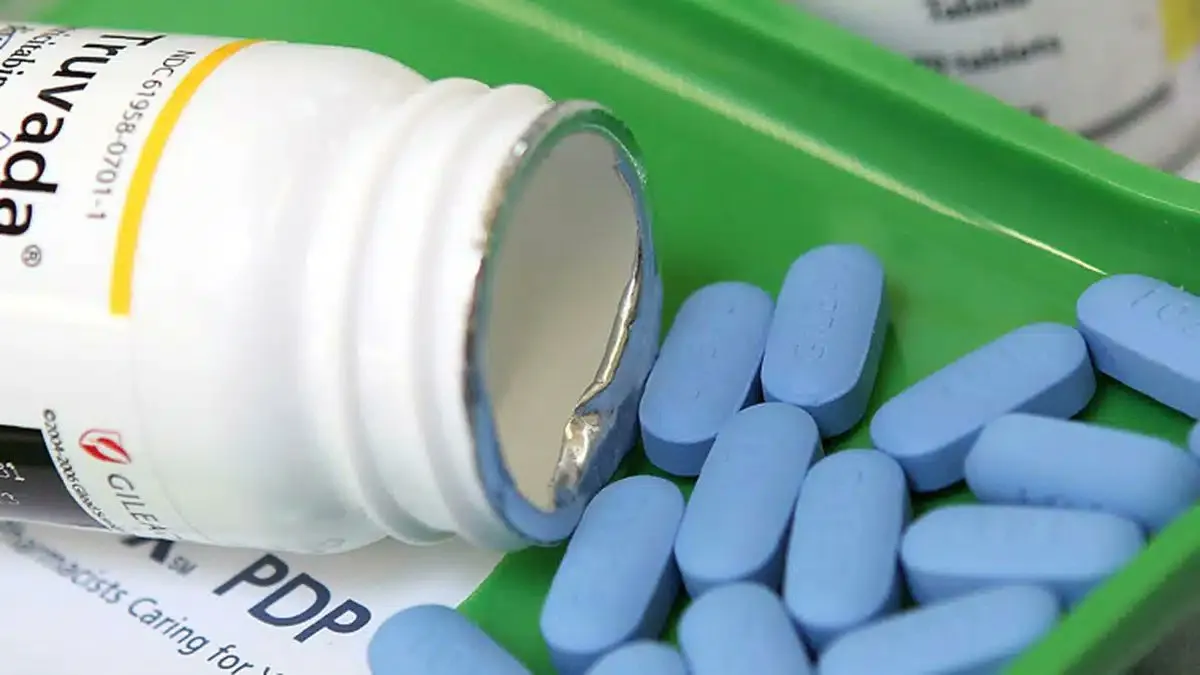News
US Suspends ARV and Essential Drug Supplies to Kenya

The United States has suspended the supply of antiretrovirals (ARVs) and other essential medicines to the Kenya Medical Supplies Authority (Kemsa) as part of a broader policy shift in Washington’s foreign aid strategy.
In a memo, the Mission for Essential Drugs and Supplies (MEDS) informed Kemsa’s Chief Executive Officer, Dr. Waqo Ejersa, that the processing of all U.S.-funded essential drugs has been put on hold indefinitely. This includes crucial commodities funded by the United States Agency for International Development (USAID), affecting the distribution of life-saving treatments for HIV, malaria, and tuberculosis (TB).
MEDS was contracted by the US in 2020 to supply HIV commodities in Kenya, including ARVs, malaria, and tuberculosis (TB) drugs, among other medical consignments, following the Covid-19 billionaire scandal, which led to a loss of trust in Kemsa by the donor.
Why the Suspension?
The decision follows an executive order signed by U.S. President Donald Trump, re-evaluating foreign aid policies and affecting Kenya along with 54 other nations. The move reflects Washington’s push to reassess its international funding commitments.
The memo outlined that all USAID-funded commodities would be suspended indefinitely following instructions received on January 26, 2025, from USAID Kenya and East Africa.
The memo from MEDS to Kemsa stated, “MEDS has received a notice from USAID Kenya and East Africa on January 26, 2025, directing implementing partners to immediately cease, suspend, or halt any work being performed under contracts, task orders, grants, or other assistance instruments issued by USAID.”
As a result, MEDS has immediately halted processing orders from Kemsa that involve USAID-funded medical supplies. The notice clarified that USAID will only cover costs incurred before January 24, 2025.
Dr. Ejersa clarified that although this suspension could disrupt the distribution of essential drugs, Kemsa has existing stocks that should last for about six months. He noted the critical role of PEPFAR and USAID in supporting health initiatives but also mentioned that Kenya receives supplementary aid from the Global Fund and national budgetary allocations. The procurement of more commodities, backed by these sources, is currently underway.
The impact of this aid cut is profound, given that Kenya has about 1,378,457 people living with HIV, with 1,336,681 on treatment. The cessation of USAID support could potentially increase new infections and AIDS-related deaths.
Adding to the complexity, the recent dismissal of staff managing HIV care centers has led to the integration of HIV services into general medical facilities, a move criticized by the National Empowerment Network of People Living with HIV/AIDS in Kenya (NEPHAK) for potentially increasing stigma and disrupting treatment.
While the U.S. foreign aid suspension presents challenges, Kenya’s Ministry of Health, in collaboration with global partners, is working to ensure continued access to essential medicines. The government has pledged to fast-track alternative funding sources to prevent a health crisis.
Kenya Insights allows guest blogging, if you want to be published on Kenya’s most authoritative and accurate blog, have an expose, news TIPS, story angles, human interest stories, drop us an email on [email protected] or via Telegram
-

 Grapevine6 days ago
Grapevine6 days agoAlleged Male Lover Claims His Life Is in Danger, Leaks Screenshots and Private Videos Linking SportPesa CEO Ronald Karauri
-

 Lifestyle1 week ago
Lifestyle1 week agoThe General’s Fall: From Barracks To Bankruptcy As Illness Ravages Karangi’s Memory And Empire
-

 Grapevine2 days ago
Grapevine2 days agoRussian Man’s Secret Sex Recordings Ignite Fury as Questions Mount Over Consent and Easy Pick-Ups in Nairobi
-

 Investigations2 weeks ago
Investigations2 weeks agoEpstein Files: Sultan bin Sulayem Bragged on His Closeness to President Uhuru Then His Firm DP World Controversially Won Port Construction in Kenya, Tanzania
-

 News2 weeks ago
News2 weeks agoAUDIT EXPOSES INEQUALITY IN STAREHE SCHOOLS: PARENTS BLED DRY AS FEES HIT Sh300,000 AGAINST Sh67,244 CAP
-

 Business2 weeks ago
Business2 weeks agoKRA Can Now Tax Unexplained Bank Deposits
-

 Investigations1 week ago
Investigations1 week agoEpstein’s Girlfriend Ghislaine Maxwell Frequently Visited Kenya As Files Reveal Local Secret Links With The Underage Sex Trafficking Ring
-

 News1 week ago
News1 week agoState Agency Exposes Five Top Names Linked To Poor Building Approvals In Nairobi, Recommends Dismissal After City Hall Probe















